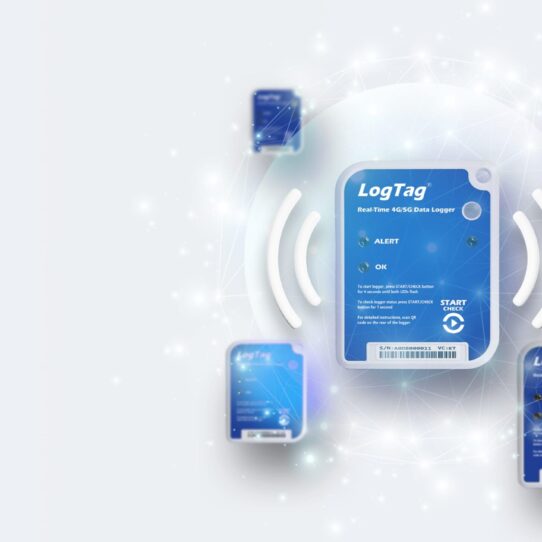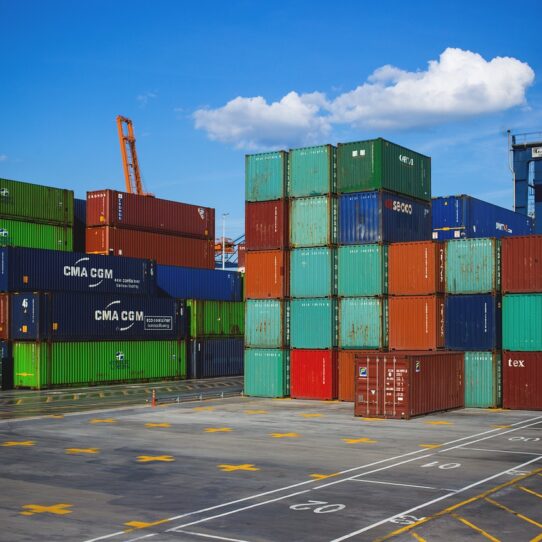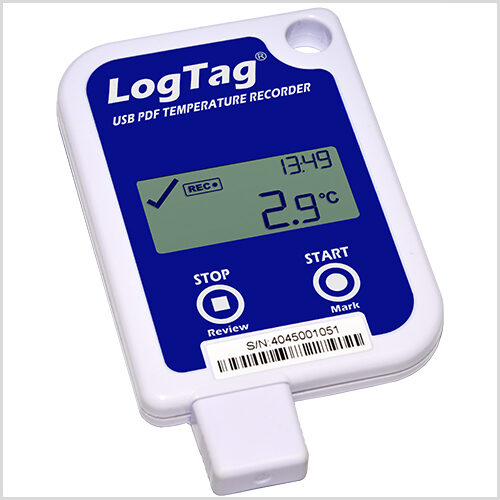In industries like pharmaceuticals and food distribution, maintaining the integrity of temperature-sensitive products is essential. Cold chain failures can result in spoiled products, financial loss, and even serious health risks. That’s why cold chain compliance is a non-negotiable requirement, not just a best practice.
Regulatory bodies, such as the MHRA (Medicines and Healthcare products Regulatory Agency), emphasise the importance of reliable temperature monitoring throughout storage and transit.
In this article, we’ll outline the best practices for cold chain operations and how temperature data loggers play a crucial role in maintaining compliance and protecting product quality.
Use Temperature Monitoring Devices
To ensure reliable monitoring, temperature data loggers should always be regularly calibrated. Calibrated data loggers are important for compliance as they provide traceable and verifiable readings, which are essential during audits or inspections.
The MHRA recommends using UKAS-accredited calibration services to validate your data logger accuracy. This not only supports compliance, but helps your existing and potential customers build confidence in your quality assurance processes.
Continuous Monitoring
One of the primary best practices for cold chain logistics is continuous monitoring. Passive monitoring (checking readings periodically) poses the risk of missing harmful fluctuations in temperature between checks.
Temperature data loggers designed for cold chain use can be put inside shipping containers, refrigerators, or cargo areas. Models with real-time or wireless capabilities offer an additional layer of control, alerting you instantly if a limit has been breached.
Cloud-Based Data Loggers
Modern cold chain compliance requirements often demand monitoring that is also traceable, and comes with secure data storage. Cloud based data loggers make it easy to centralise records, export data for audits, and receive automatic alerts from remote locations.
In multi-site operations, cloud-enabled systems also allow multiple teams to monitor shipments and storage units in real-time.
Set Smart Alerts
Setting appropriate alarm thresholds is essential for early detection of risk. MHRA guidelines recommend that any deviation outside of the defined storage conditions, whether during transit or storage need to be recorded, investigated, and documented.
Many temperature data loggers come with customisable alarms that can notify you via SMS, email, or app when temperatures exceed safe levels. This helps reduce waste and improves your response time, protecting both product quality and consumer safety.
Keep Secure and Accessible Records
Regulators frequently require a full audit paper trail of storage conditions for sensitive goods. As part of your cold chain compliance process, ensure that all temperature records are securely stored, tamper-proof, and easy to retrieve when needed.
Use data logging software that supports password protection, automatic backups, and data export in commonly accepted formats (e.g. PDF, CSV). This is especially important during quality inspections, product recalls, or internal investigations.
Train Staff in Cold Chain Monitoring Protocols
Even the best equipment is only as good as the people using it. All staff involved in packaging, storing, transporting, and monitoring temperature-sensitive goods should be trained on how to:
- Operate temperature data loggers
- Interpret logger data and alerts
- Respond to temperature excursions
- Maintain calibration schedules
Routine reviews and training will help ensure that cold chain compliance is integrated in your company culture and staff work ethic, not just in your standard operating procedures.
Match Your Logger To The Application
Different cold chain environments have different needs. For example, Pharmaceutical storage may require multi-channel data loggers to monitor ambient and product-level temperatures simultaneously.
Frozen food logistics might need robust temperature data loggers with low operating ranges and waterproof casings.
Last-mile delivery to the consumer could benefit from small, disposable single-use data loggers with automatic upload at the drop-off destination.
By calibrating data loggers according to your application and environment, you’ll ensure your process is practical and compliant.
Building A Resilient Cold Chain Solution
Following these best practices for cold chain monitoring ensures that your products stay within safe temperature ranges, meet regulatory standards, and maintain their integrity from production to end use.
At Loggershop, we offer a wide selection of temperature data loggers for pharmaceutical, food, and industrial cold chain environments. Shop our full range of data loggers or get in touch for tailored advice from our expert team.





